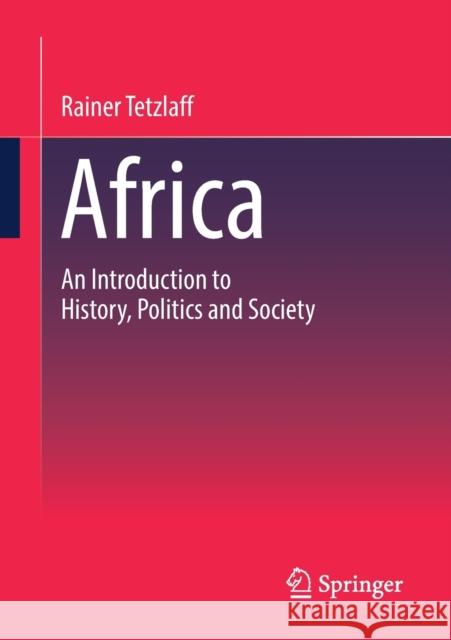Africa: An Introduction to History, Politics and Society » książka
topmenu
Africa: An Introduction to History, Politics and Society
ISBN-13: 9783658349813 / Angielski / Miękka / 2022 / 356 str.
Kategorie BISAC:
Wydawca:
Springer
Język:
Angielski
ISBN-13:
9783658349813
Rok wydania:
2022
Wydanie:
2022
Ilość stron:
356
Waga:
0.46 kg
Wymiary:
21.01 x 14.81 x 2.01
Oprawa:
Miękka
Wolumenów:
01
Dodatkowe informacje:
Wydanie ilustrowane











